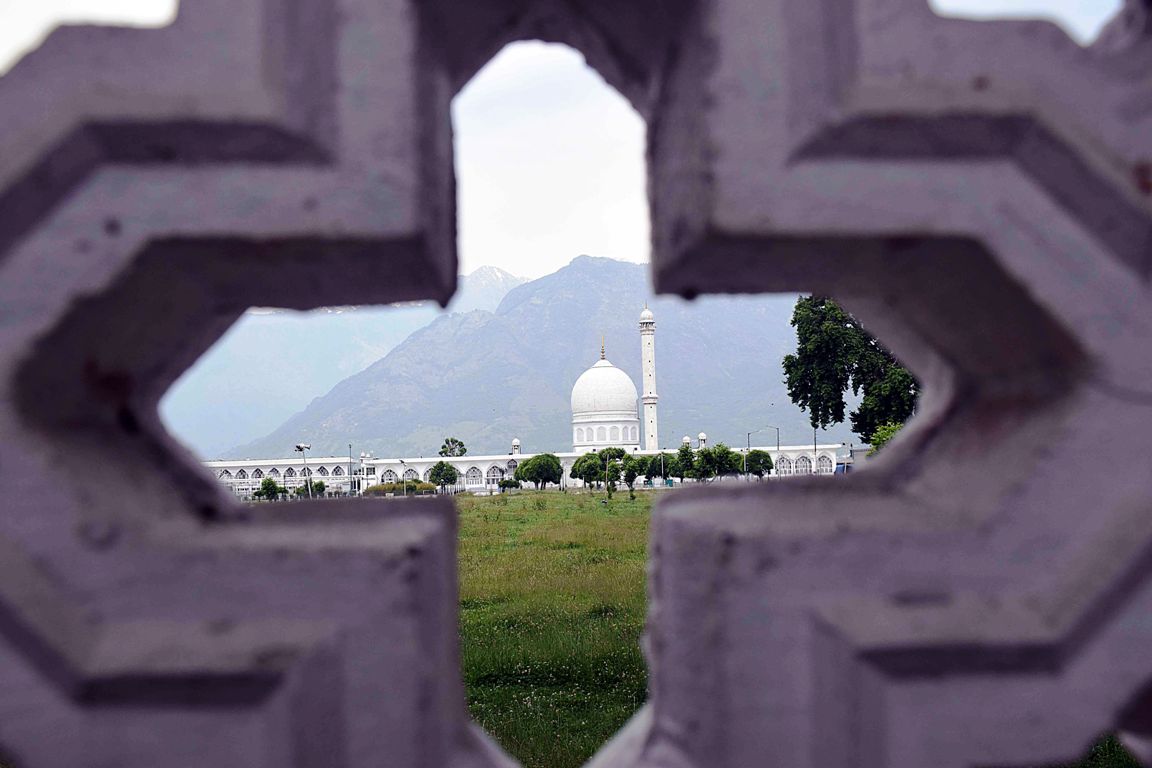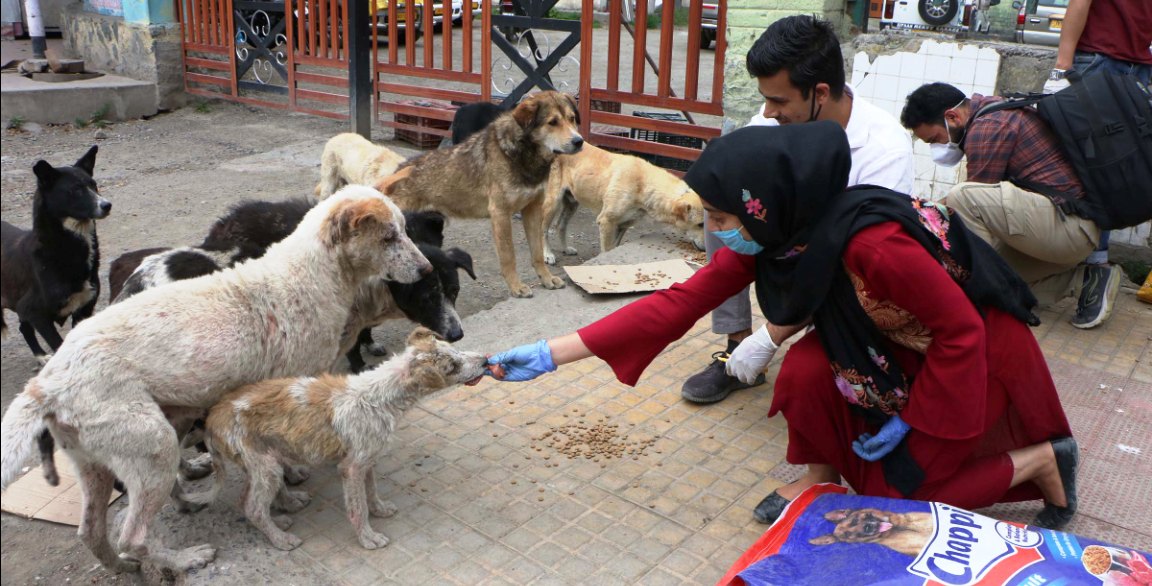by Reyaz Wani
Kashmir has been under an uninterrupted lockdown since the withdrawal of Article 370 in August 2019. Though there was a partial relaxation in February and March, the lockdown following the spread of Coronavirus pandemic has once again pushed the Valley indoors. Successive lockdowns have come as a double whammy for the people. It has inflicted a crushing blow to the state turned Union Territory’s economy as also the education.

According to an estimate by Kashmir Chamber of Commerce and Industry (KCCI), Kashmir economy suffered a loss of more than Rs 18000 crore during post Article 370 lockdown. Similarly, according to Kashmir Trade Alliance, an additional Rs 8416.2 crore was lost in the first two months of the Covid19 lockdown. The general trade has suffered the highest loss of Rs 1620 crore followed by that of the industrial sector at Rs 1248 crore.
Other sectors too have been hit hard. Tourism, one of the mainstays of the local economy has come to a standstill. This has hit the hotel industry and travel operators. The handicrafts sector has been crushed. The fledgeling IT industry and the start-ups have been wiped out. Horticulture, a Rs 6500 crore industry, that employs more than three million people, is struggling to find takers for its produce. A significant portion of fruit has rotted on trees and the rest has been kept at Controlled Atmosphere Storages. After the stakeholders worked day ad night, they could push a lot of the fruit to markets within and outside Kashmir, there is still around 30,000 tons that has the potential of getting waste.
Similarly, education has been the worst affected. The children couldn’t go to school for seven months, But within a fortnight of their return to schools from February 26, the lockdown over coronavirus scare has once again shut the schools down. The children can’t even study online as the government has refused to restore high-speed mobile internet.

But while education can be ensured online if the government opens up 4G internet, the economy needs people to go out and work. Almost ten months of lockdown has left almost every business reeling and on the brink. And if the lockdown continues to be extended as looks likely, it will only make things worse. Hence there is a strong case for considerably easing the lockdown if not completely lifting it. It is time to let the economy function. This is possible if necessary precautions are observed.
True, the number of Covid-19 positive cases in Kashmir has been on the rise, with deaths also picking up recently. J&K stands at number 13 in terms of the number of cases among all states and UTs in India. This does make it one among the significantly infected states. Also, the number of cases has shown a marked rise over the past week, with a daily figure on some days going past three digits. However, on a positive note, almost half the patients have also recovered.
Across India, Maharashtra has been worst affected by the pandemic, accounting for about one-third of India’s total cases followed by Gujarat. This has forced Delhi to extend the lockdown by another 15 days, albeit with considerable relaxations. For example, inter-state movement of vehicles, buses have been allowed with states and UTs being given the final power to decide on Red, Orange and Green zones. Also, local authorities have to ensure that shops and markets open with staggered timings, so as to ensure social distancing. The shops have to ensure six feet distance among customers and also not allow more than 5 persons at one time.
This is a welcome change. As it is, India can’t afford to be in a perpetual shutdown. This will cripple the economy rendering lakhs of people unemployed. In fact, two months of lockdown has already done so and further extensions will only further kill the businesses.

Now imagine the situation in Kashmir, which has been in a state of siege for the past ten months. To make it worse, the administration has been stricter with the lockdown than is warranted. And it isn’t showing any signs of relaxing it so as to let businesses function. Its rationale is that the lockdown is critical to bring down the number of infections and flatten the curve. And its reasoning is valid. But as the example around the world would have one believe, the lockdown has only reduced the infections not controlled them. And there is little chance that an extended lockdown will eliminate the infection.
At the same time, lockdown is killing the economy, leaving thousands of people unemployed. It has stopped the circulation of money in the economy and hit the marginalized sections very hard. The fallout of the lockdown will be thus worse than that of the Covid-19 and on a much bigger scale. What is billed as a cure will turn out to be worse than the disease.
It is time therefore that the government revisits the restrictions and eases them considerably to let the people return to businesses. What it can focus on instead is to strictly enforce the social distancing norms in public. And it can do so, considering the smaller population of Kashmir makes the infections more manageable than the densely populated states across India.














